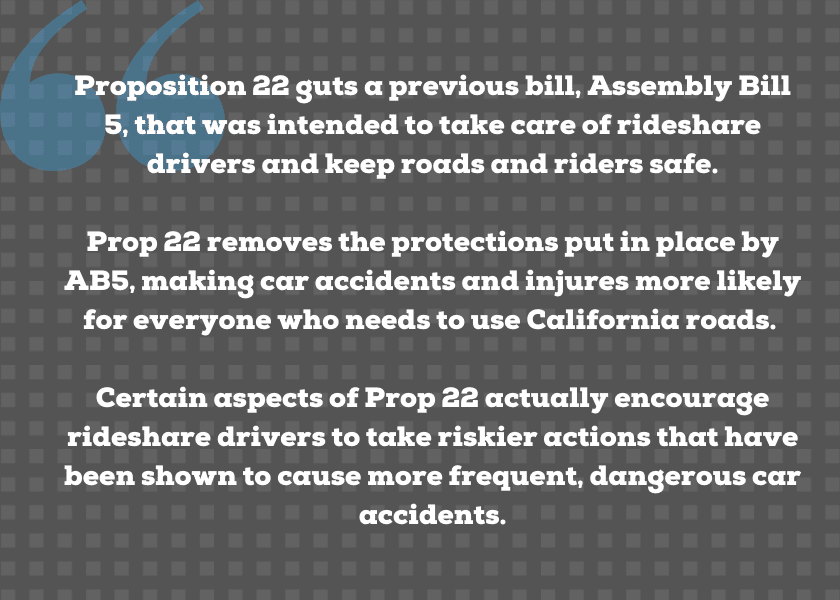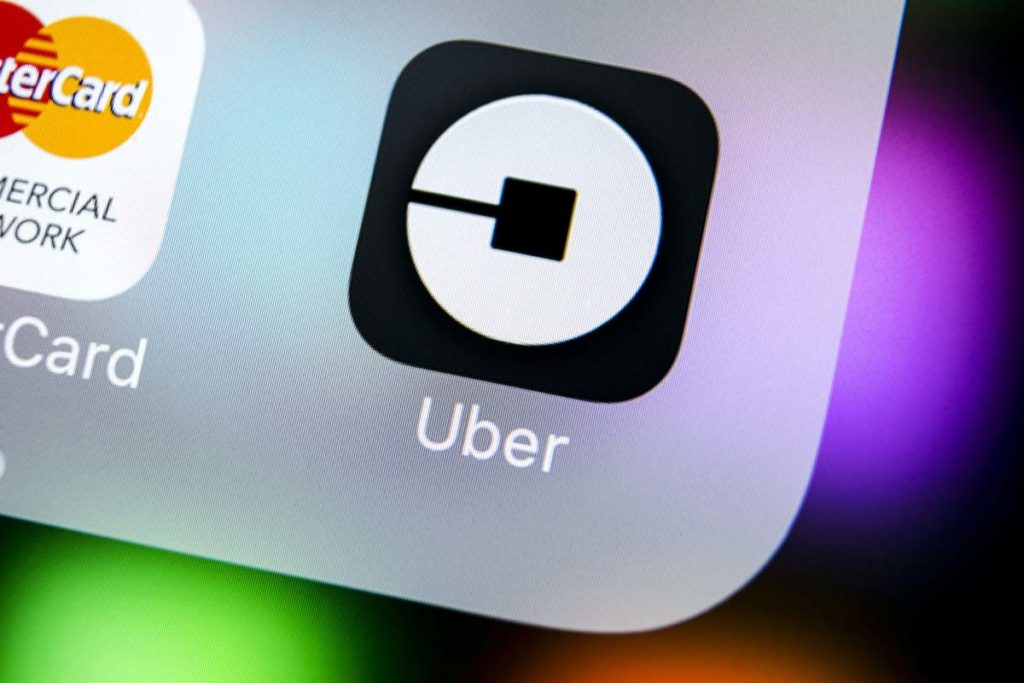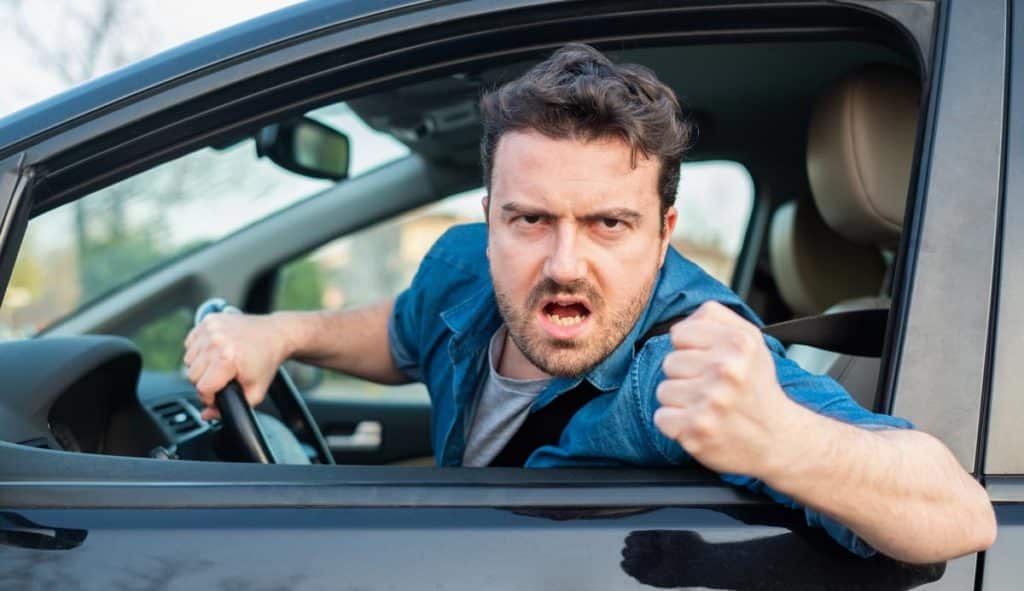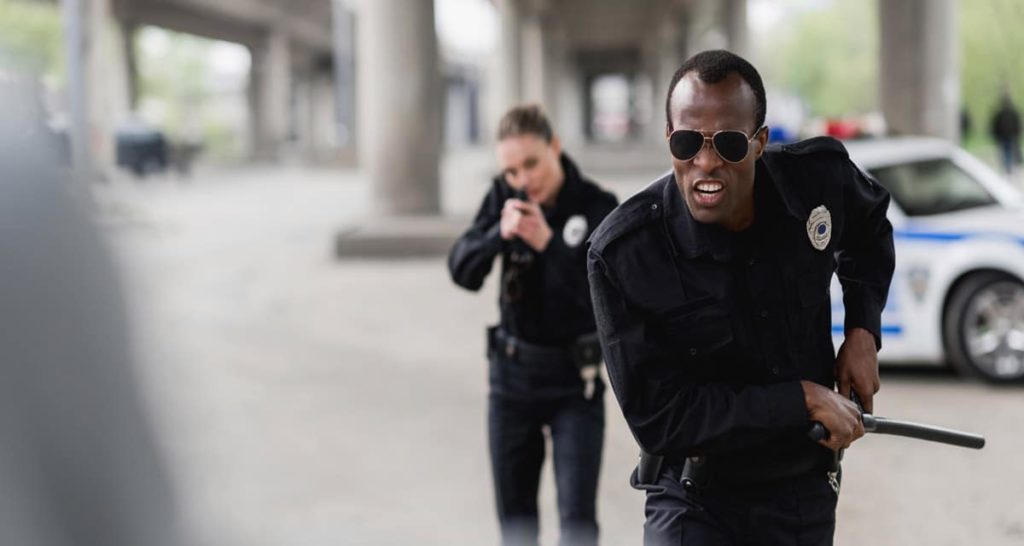This election cycle has been dramatic in many ways. While the presidential race has occupied much of the media’s attention, it’s not the only meaningful vote that occurred early this November. On the same ballot, California voters had the opportunity to decide on a measure known as “Proposition 22.” This proposition, which was heavily lobbied for and funded by Uber and Lyft, was voted into effect, and California’s roads are never going to be the same.
Proposition 22 guts a previous bill, Assembly Bill 5, that was intended to take care of rideshare drivers and keep roads and riders safe. Prop 22 removes the protections put in place by AB5, making car accidents and injures more likely for everyone who needs to use California roads. Certain aspects of Prop 22 actually encourage rideshare drivers to take riskier actions that have been shown to cause more frequent, dangerous car accidents.

Prop 22 Minimizes Mandatory Background Checks
While the campaign for Prop 22 implied that it would increase the number of background checks that Uber and Lyft must give their drivers, this is not the case. Rideshare companies have been legally obligated to conduct background checks on their drivers for years; there is no increase necessary.
Prop 22 actually reduces the background checks potential drivers must undergo, so drivers are more likely to have dangerous driving and behaviors in their past. Prop 22 also removes the requirements for Uber and Lyft to investigate sexual harassment claims or give their drivers sexual harassment training.
These changes are so dramatic that the National Employment Law Project is calling this a blow against women’s rights. Prop 22 not only decreases the safety of rideshare drivers; it also shows that rideshare companies are actively prioritizing profit over the health of customers and drivers alike.
Prop 22 Encourages Long Days
Not every change related to Prop 22 is so direct. Some aspects of the bill motivate drivers to act less safely in order to earn a living wage. That this puts others on the road at a higher risk of car accidents is just a side effect.
For example, Prop 22 changes how rideshare drivers are paid. The proposition claims that it now guarantees drivers pay equal to 120% of the minimum wage per hour. However, the fine print specifies that this is only the case for time spent actively driving. Any time spent waiting to accept a passenger is not considered active time, and the driver receives nothing. To get paid, drivers must be actively driving. This encourages rideshare drivers to keep going as long as they legally can.
The low pay is a purposeful incentive. Rideshare companies only make money when drivers are actively transporting people, so they want their drivers to keep going as long as they can. Uber and Lyft also encourage drivers to keep driving by giving bonuses to people who complete a certain number of rides over the course of a weekend or holiday, which is often hard to achieve.
This can push drivers to spend the entire legal maximum of 12 hours actively driving many days. For comparison, it’s illegal for truck drivers to spend more than 11 hours driving per day, despite having training and less crowded roads.
Truckers have a driving limit because spending that much time driving is actively dangerous. People who spend that long behind the wheel are more at risk of drowsy and distracted driving. According to government statistics, more than 6000 people die in drowsy driving car accidents per year. Meanwhile, distracted drivers cause more than 260,000 car accident injuries yearly. By encouraging their drivers to stay on the road for the maximum amount of time they legally can, rideshare companies are putting everyone on the road at risk of accidents.
Prop 22 Allows Incentives that Encourage Speeding
When it comes to putting others at risk, Lyft and Uber are doing more than just encouraging drowsy driving. Since Prop 22 helps these companies avoid compensating their workers fairly, it also invites dangerous behaviors like speeding.
Take the incentive to complete a certain number of rides over a weekend. This can encourage risky behaviors like speeding. On average, drivers estimate that they can complete an average of three trips per hour. An easy way to increase the potential number of trips they finish is to speed, getting to the destination faster.
Many urban areas in California already have problems. In the Bay Area, nearly half of all car accidents involve at least one person speeding. For pedestrians and other motorists, this is a huge problem. In cities like San Francisco, where pedestrians are common, speeding can be deadly.
According to the AAA Foundation for Traffic Safety, a pedestrian’s risk of death in an accident more than doubles for every ten MPH faster the vehicle was going. With rideshare companies encouraging their drivers to complete as many rides as possible, as quickly as possible, it seems clear that speeding is not their concern. Instead, they are prioritizing profits over people and making roads riskier as a result.
Prop 22 Will Cause Riskier Roads
Prop 22 has given rideshare companies the freedom to properly vetting their drivers, paying drivers well, or handling liability honestly. As a result, Prop 22 will lead to more overtired, overworked, and undercompensated Uber and Lyft drivers. Quite simply, that’s going to lead to more accidents. Tired, stressed drivers are less responsive to potential threats and more likely to get in dangerous or deadly situations. Not only have Uber and Lyft worked to avoid fixing these problems, but they are also offering financial incentives that may make the situation worse.
Rideshare companies are prioritizing their profits, not their riders. In the end, that means you and everyone else on the road may be at risk. If you are in an accident with a rideshare driver, you should immediately reach out to a qualified accident attorney. They can help you explore your options and work to help you receive the insurance funds you need to move on and recover.





